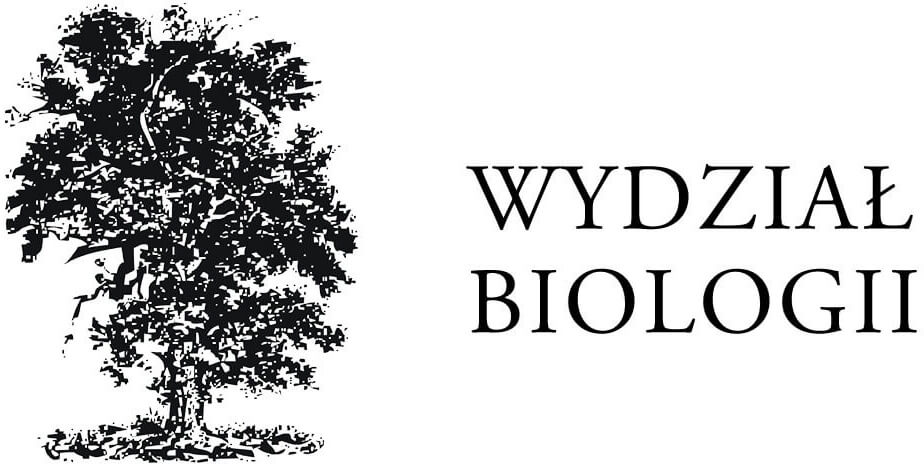Bioremediation and extremophiles: new approaches to cleaning
Prof. Łukasz Dziewit with collaborators
Prof. Łukasz Drewniak and Dr Klaudia Dębiec-Andrzejewska with collaborators
Bioprospecting, the exploration of bacteria and their secondary metabolites, paves the way for new solutions in various industries. Emerging from this field, bioremediation offers an innovative approach where nature itself restores environmental balance. Utilizing microorganisms and plants enables the removal of pollutants and the regeneration of degraded areas.
Research conducted by the first team has delved into the diversity of extremophilic microorganisms and their potential applications in biotechnology. Scientists have discovered that Arctic bacteria can stabilize sandy soils, provide UV protection, and support plants in challenging conditions. Ongoing studies of the enzymes and metabolites of these microorganisms indicate their potential applications in the pharmaceutical industry, agriculture, and environmental protection.
The second team focuses on developing effective bioremediation methods to clean up post-industrial and agricultural soils. By leveraging unique microorganisms from extreme environments such as the Arctic, they have developed bio-preparations capable of eliminating pollutants, improving soil quality, and enhancing the growth of cultivated plants. A key aspect of the research involves using bacteria and fungi that produce specific metabolites to mitigate the effects of environmental stress.
MODERN APPLICATIONS:
Current research on extremophiles holds potential for supporting pharmaceuticals, agricultural practices, and soil enrichment. Advanced microbiological preparations facilitate the regeneration of polluted soils, stabilize sandy terrains, and support plant growth in harsh conditions. Through bioprospecting and bioremediation, we achieve more sustainable methods of environmental protection and enhance biodiversity.
FIGURE CAPTIONS:
Top: Cellulose degradation: research on extremophilic capabilities.
Bottom: Arctic laboratory: exploration of microorganisms in extreme conditions.
RELATED PUBLICATIONS:
Prof. Łukasz Dziewit’s group
- Ciuchcinski K, Stokke R, Steen IH, Dziewit Ł. (2024) Landscape of the metaplasmidome of deep-sea hydrothermal vents located at Arctic Mid-Ocean Ridges in the Norwegian–Greenland Sea: ecological insights from comparative analysis of plasmid identification tools. FEMS Microbiol Ecol 100:fiae124. doi: 1093/femsec/fiae124
RELATED PROJECTS:
Prof. Łukasz Dziewit’s group:
- Discovery and exploitation of psychrotolerant bacteria and novel cold-adapted enzymes in regenerative agriculture – Opus grant, National Science Centre (NCN), 2024-2028, consortium leader: T. Kaczorowski (coordinator at the UW: T. Ishikawa)
- Life at the limits: diversity, adaptation strategies and bioprospecting of microbes living in Arctic deep sea habitats – Grieg grant, National Science Centre (NCN), 2021-2024, consortium leader: T. Kaczorowski (coordinator at the UW: Ł. Dziewit)
